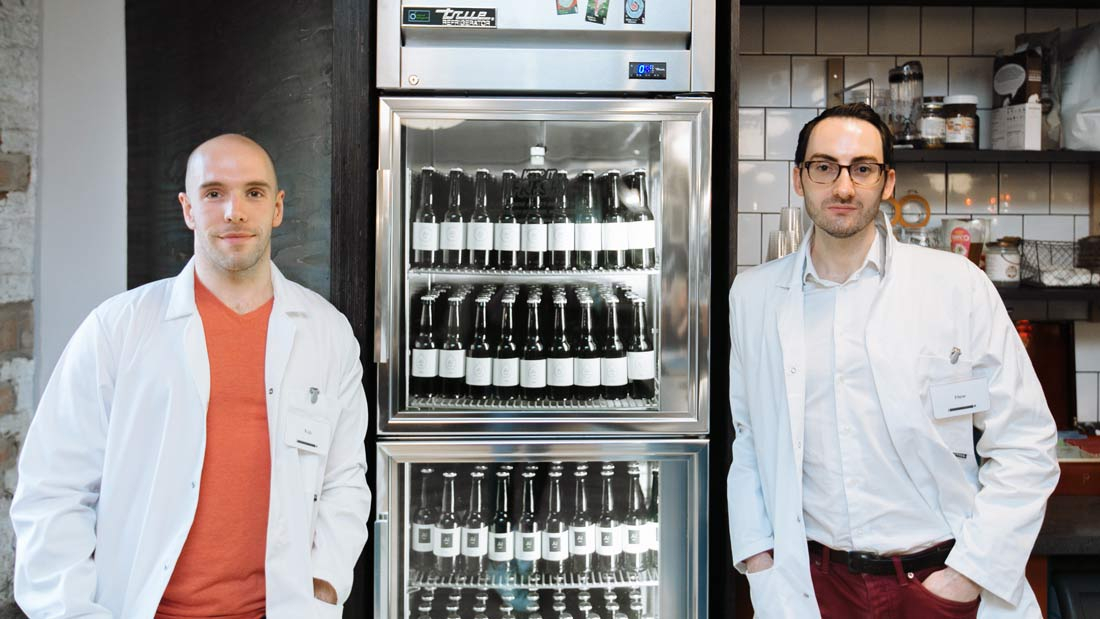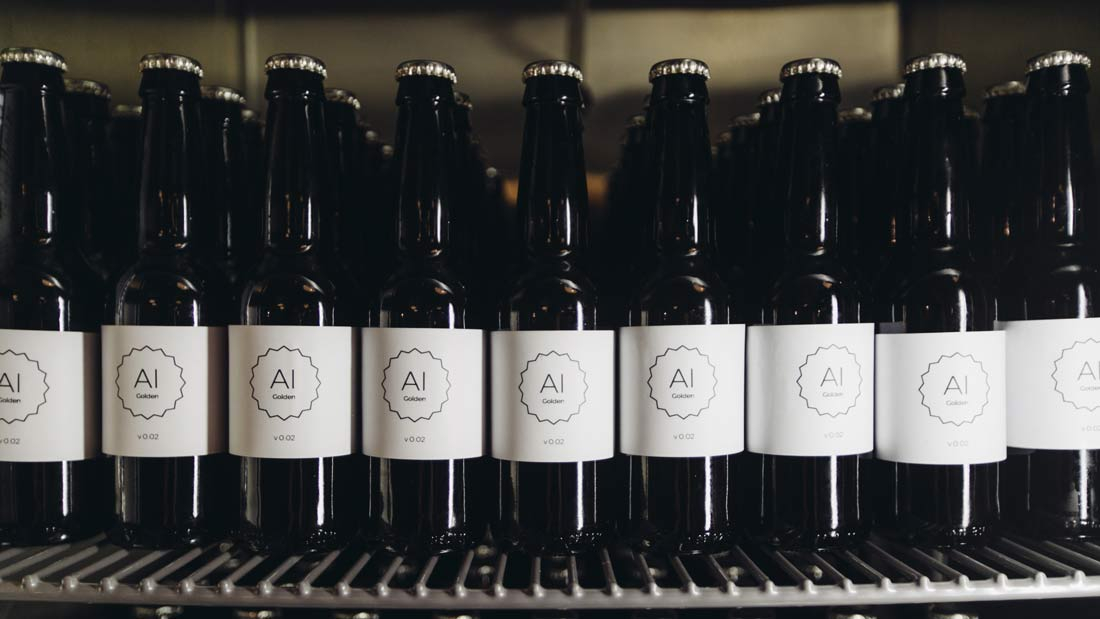
London’s IntelligentX Brewing Company has crafted the world’s first beer brewed by artificial intelligence.
Consisting of machine learning company Intelligent Layer and creative agency 10x, IntelligentX has developed an algorithm that takes feedback from consumers and uses it to influence its next batch of beer.
After trying one of its four bottled conditioned beers, drinkers are invited to interact with its AI, a Facebook Messenger bot called ABI (Automatic Brewing Intelligence). The AI asks users a series of questions that take the form of multiple choice, yes / no and 1-10 rating responses.

The responses are used to find trends that could be used to help improve subsequent batches.
Using a combination of reinforcement learning and bayesian optimization, IntelligentX says its algorithm learns from experience by being rewarded when it does something good. The company’s ultimate objective is to keep learning, provide its customers with ever-improving beer and perhaps win a major beer competition.
Co-founder Hew Leith said they’re using AI to give their brewer superhuman skills, enabling them to test and receive feedback on their beer more quickly than ever before. Fellow co-owner Dr. Rob McInerney said their four beers – Amber, Golden, Black and Pale – have changed nearly a dozen times over a 12 month period.
Of course, if you’d rather be in charge of the entire brewing process from start to finish, perhaps something like BrewArt would be more to your liking. Or, you could just order a case of Fallout Beer and call it a day.